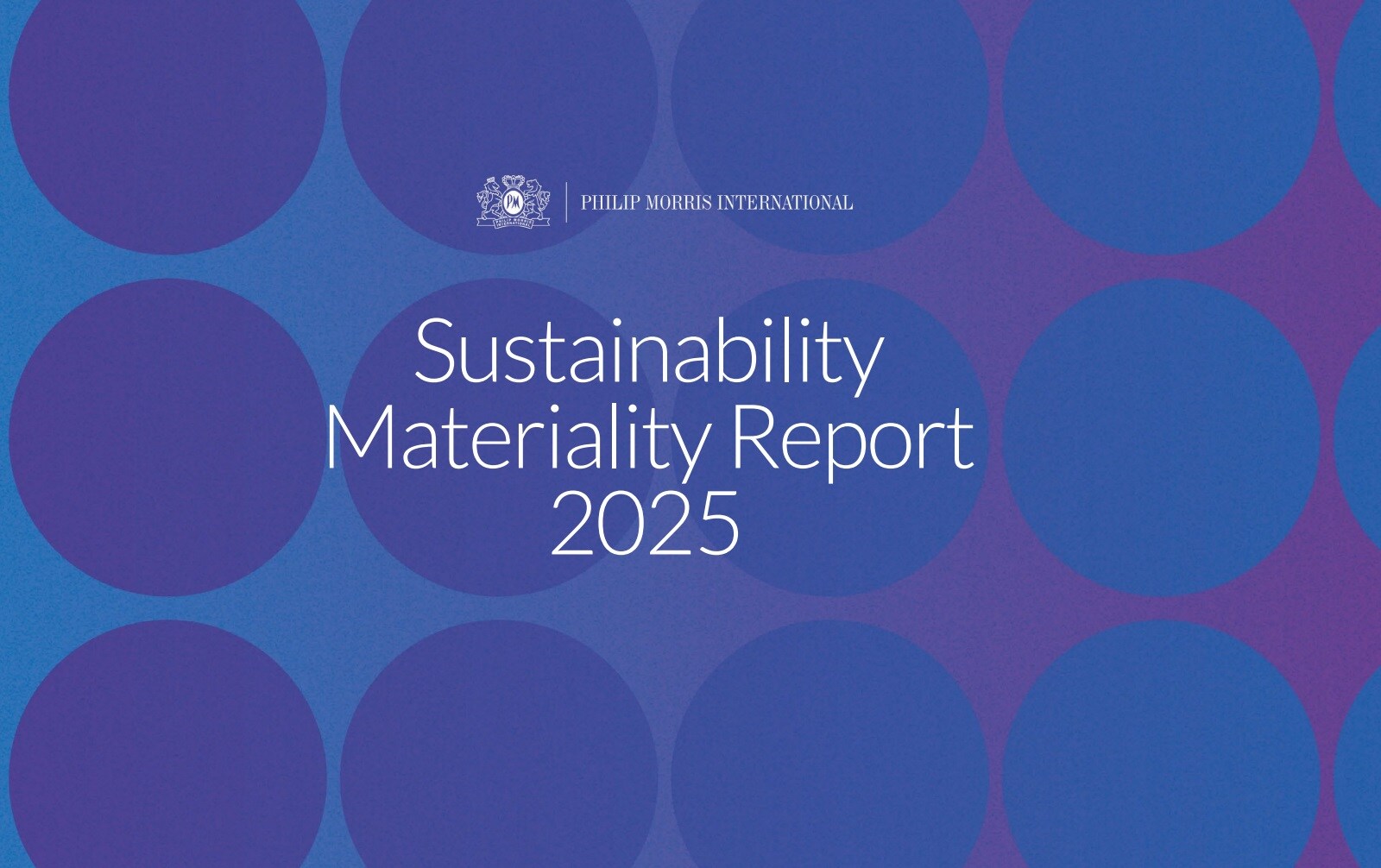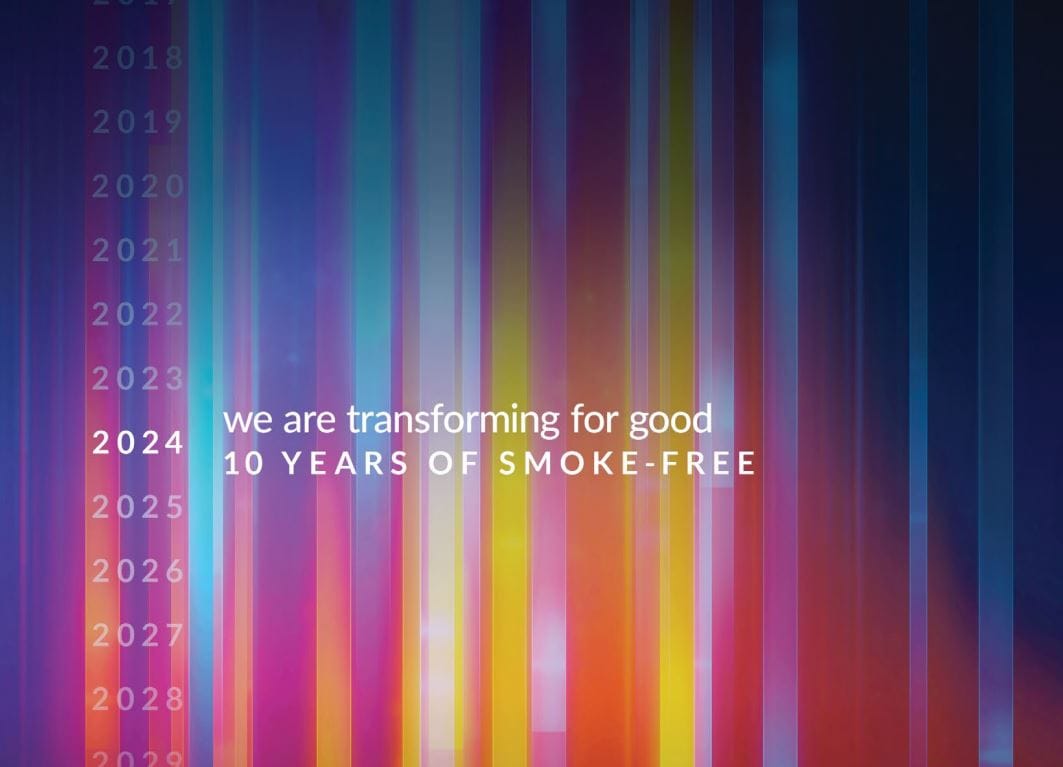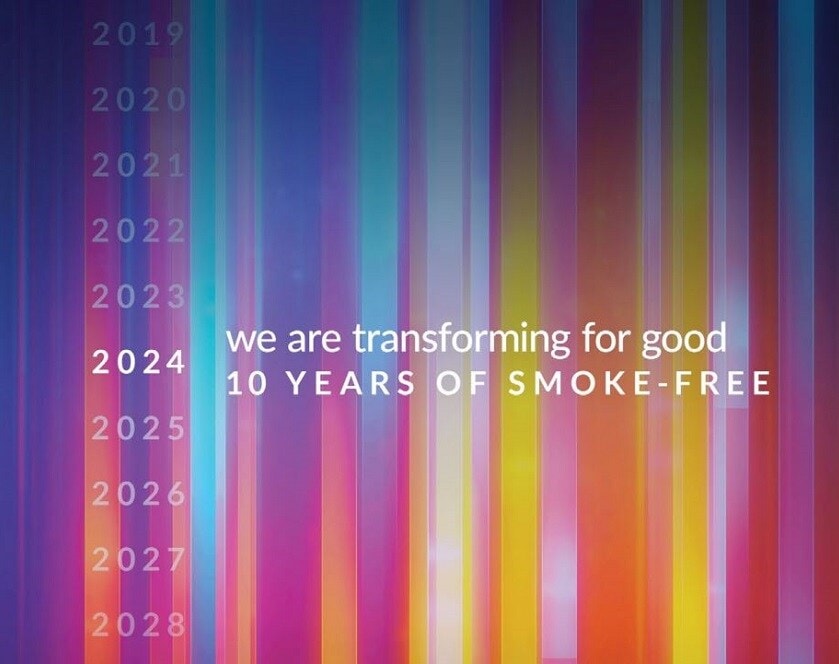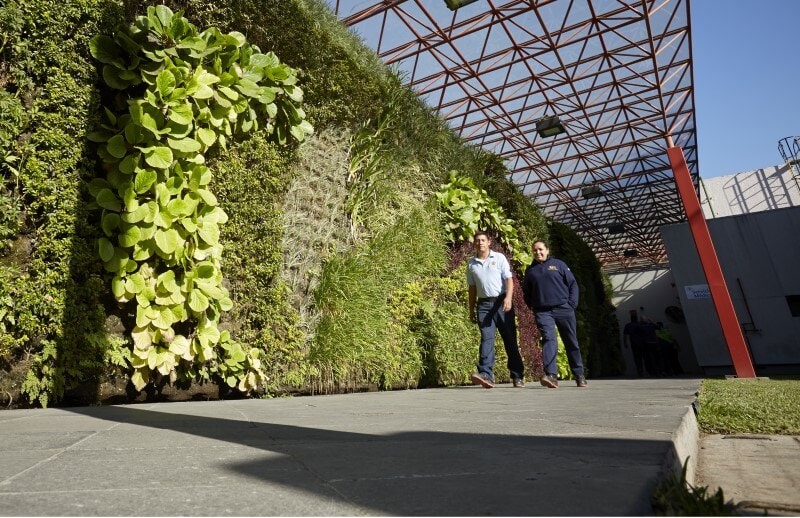Philip Morris International’s 2025 Sustainability Materiality Report presents the results of our latest global sustainability materiality assessment (SMA).
Following the principles of double materiality, the report outlines the key sustainability topics identified, along with their associated impacts, risks, and opportunities (IROs), in line with the EU Corporate Sustainability Reporting Directive (CSRD).
Consumers and end-users remain our core priority, with a focus on product health impact and ensuring responsible marketing and sales.
Building a sustainable future
“The insights gained through our sustainability materiality assessment are more than just datapoints, they are the bedrock on which our 2030+ sustainability strategy is being built,” said Jennifer Motles, Chief Sustainability Officer at PMI.
“By placing sustainability at the core of our strategy, we are strengthening our capacity to anticipate change, seize new opportunities, and future-proof our business for enduring success.”
The insights gained through our sustainability materiality assessment are more than just datapoints, they are the bedrock on which our 2030+ sustainability strategy is being built.
Jennifer Motles
Chief Sustainability Officer, Philip Morris International
The assessment findings informed the development of six strategic priorities for PMI, which make up our new Sustainability Framework.
This Framework organizes topics distinguishing between product and operations—i.e. “what” we create and “how” we create—and is further divided into environmental and social categories:
Download PMI’s 2025 Sustainability Materiality Report to read more.






